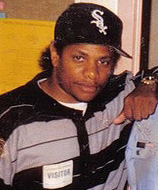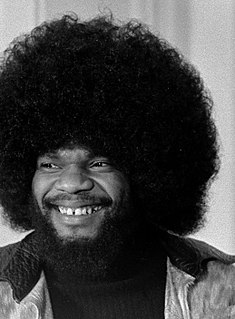A Quote by Mardy Fish
If anyone reads about my story, and says, 'Look, there's a guy that struggled with a lot of stuff that I am dealing with now, and he got through it,' then, yeah, I'd love that. If it helps one person, then that's great.
Related Quotes
I am not a trained actor and am not near the top of anyone's want list. I go after what I am offered, if I am so inclined. Now and then, I get offers for things that are not to my liking, in that I just don't care about the story. All this super tough guy stuff isn't anything that interests me all that much. I can't think of anything I turned down that I regret.
I mean, in the editing room, you sit there, and you're so happy about a lot of it. You've got these great actors, and the DP's great, and you love it... And then there's so much you're mad about. Cause you've made so many mistakes. So yeah, there're scenarios where you're like, "Ah, I wish I could change this. How do I make this better?" "No matter what I do, the scene's not working, what do I do?"
No. He says when you're dealing with any kids of supernatural beings, Gods and Devils and angels, you tend to think about them like hurricanes or earthquakes, some kind of mindless force of nature. But if they're real, then they have minds. They know your name. So even reading about the Devil tips him off, he knows instantly he's being read about and that you're somebody he may have to deal with. And I'm thinking what you did in Vegas went way, way beyond that." "What 'I' did? What about us? We were both there." "Yeah but I cut my hair since then. They probably think that was a different guy.
A lot of Christians have been taught a story that begins in chapter 3 of Genesis, instead of chapter 1. If your story doesn't begin in the beginning, but begins in chapter 3, then it starts with sin, and so the story becomes about dealing with the sin problem. So Jesus is seen as primarily dealing with our sins.
A lot of life is about how you feel relating to dealing with this person or that person. If this person makes you feel good, then they're a person to be around; if they don't, they're not. Being in a band is different. The group is the more important part, and you have to kind of shift the way you look at life when you're in a group of people that you work with.
Yeah, I was a brother on the streets of Compton doing a lot of things most people look down on but it did pay off. Then we started rapping about real stuff that shook up the LAPD and the FBI. But we got our message across big time, and everyone in America started paying attention to the boys in the hood.
But when I say it isn't meant for anyone's eyes, I don't mean it in the sense of one of those novel manuscripts people keep in a drawer, insisting they don't care if anyone else ever reads it or not.The people I have known who do that, I am convinced, have no faith in themselves as writers and know, deep down, that the novel is flawed, that they don't know how to tell the story, or they don't understand what the story is, or they haven't really got a story to tell. The manuscript in the drawer is the story.
I've got all of the old school vinyls from the '70s - even further back, like the jazz music in the '40s, '50s, '60s. Then I've got all the '80s stuff underground, hip-hop when hip-hop really first started. The '90s stuff. All of the good stuff, because I'm really into music, and it helps me create new songs now.
All kids draw and write poetry and everything, and some of us last until we're about eighteen, but most drop off at about twelve when some guy comes up and says, "You're no good." That's all we get told all our lives. "You haven't got the ability. You're a cobbler." It happened to all of us, but if somebody had told me all my life, "Yeah, you're a great artist," I would have been a more secure person.
The trick to making a story matter is that every now and then, somebody you care about has to go. If it's somebody that you don't care about, then it doesn't really have - the stakes aren't there. But if you do that every now and then, then the story matters to people. And there are actual stakes involved, emotional stakes.





































